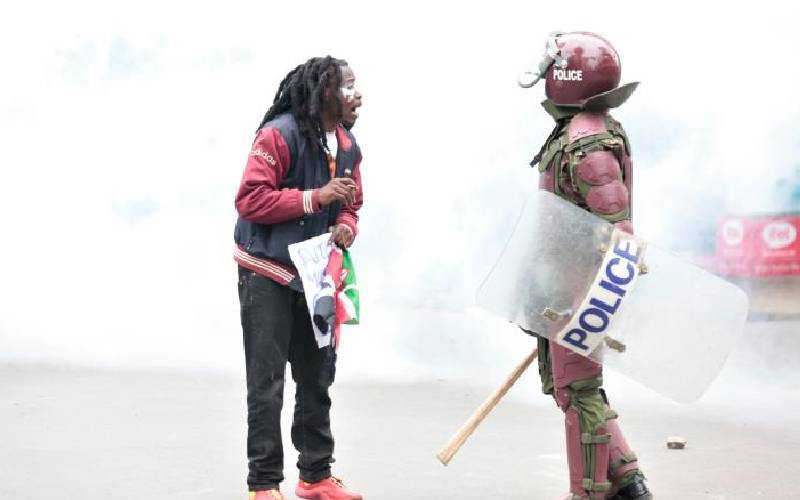×
The Standard e-Paper
Kenya’s Boldest Voice

Carne Ross's 2011 book, The Leaderless Revolution: How Ordinary People Will Take Power and Change Politics in the 21st Century theorises that a leaderless revolution will launch in the 21st Century.
He, however, clarifies that "The leaderless revolution is not demanding the violent overthrow of government, or anything else. Everything worth changing can be changed without resorting to violence; this should be a gentle revolution, using force more lasting and convincing than any violence - our own actions and convictions."